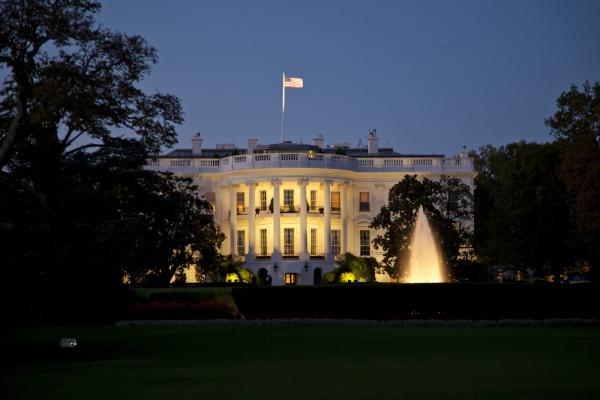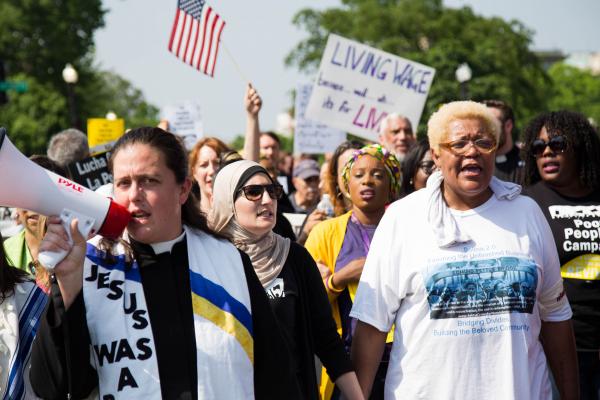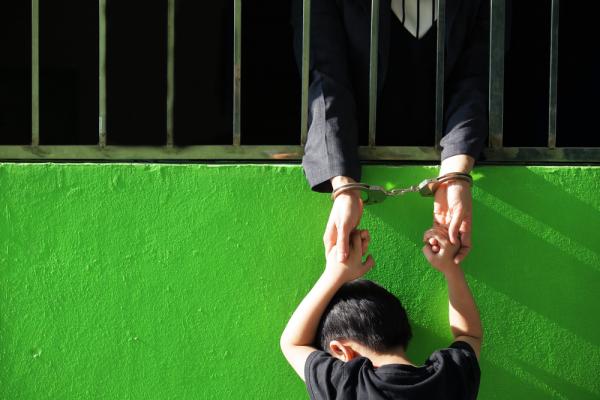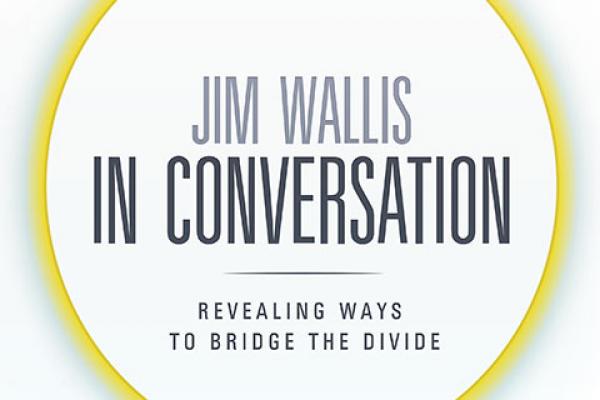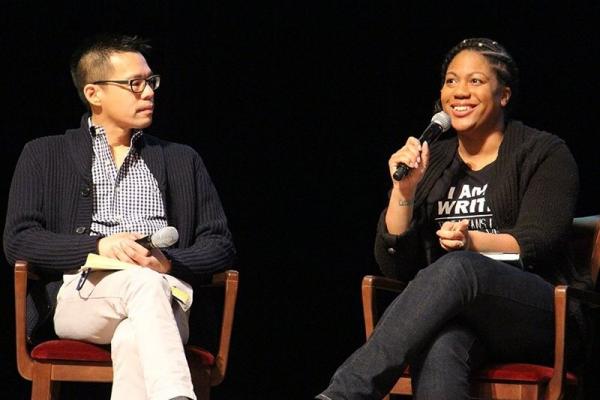The Holy Spirit is at work even in the darkness of this political moment. We feel it calling us to reclaim Jesus from those who have appropriated, co-opted, and hijacked his name for worldly power. Will you join us and show the world that the followers of Jesus refuse to be complicit and refuse to be complicit?
“Today is Mother’s Day,” Rev. Dr. Liz Theoharis, co-chair of the Poor People’s Campaign: A National Call for Moral Revival, said to the crowd. “A holiday established by women with a rich history of activism and resistance, who called for an end to violence and won. Standing in our nation’s capital, I have a question for our country: Is denying healthcare to mothers and their children a way to show love to mothers?"
U.S. President Donald Trump announced last December plans to relocate the U.S. embassy from Tel Aviv to Jerusalem, in a move to recognize Jersualem as the capital of Israel, upending decades of U.S. policy and outraging Palestinians.
If we commit ourselves, as Christians and communities of faith, to see one another in our full complex experiences of life, if we name and honor and celebrate and walk with one another in each of life’s many layers day after day and week after week, then Mother’s Day will still come each year, as it always does. And it will no doubt, still carry both joy and pain for people. But perhaps it will not be so much an overwhelming challenge to us, to cram a universe worth of feeling and experience that we otherwise neglect into a single day.
“Is there a security system protecting all this stuff, or is the security just the crushing guilt you will feel if you take anything?,” Colbert asks.
1. Black Activist Jailed for His Facebook Posts Speaks Out About FBI Surveillance
Rakem Balogun is believed to be the first person targeted and prosecuted under a secretive U.S. surveillance effort to track so-called “black identity extremists.”
2. You’re Not That Special, and Other Lessons from Kate Bowler
“It makes sense that Kate Bowler, whose career began with a motorcycle-driving pastor of a Mennonite megachurch, would also be the person you’d want to hear from about life with incurable Stage 4 cancer. When life hands you the incomprehensible, sometimes all you can do is pay attention.”
Even though Congress has not voted on the Dignity for Incarcerated Women Act, states have begun using it as a model for state-level legislation. We must keep the momentum rolling. This Mother’s Day, give the gift of civic engagement.
Interpretations of Scripture taught throughout the evangelical world, such as dispensationalism and replacement theology, hold that the repatriation of Jews to the Holy Land is a necessary precursor to Armageddon and the Second Coming of Christ. The creation of the Jewish state, and especially Israel’s seemingly miraculous victory in the Six-Day War, seemed to many evangelicals to be the fulfillment of prophesy. The Second Coming, surely, must be right around the corner.
"I wanted to make a book that (says), this is how it feels, here is how it’s dangerous for me to talk about race and be a black woman in an organization that thinks it’s made it, but it still has work to do. I hope by naming those things and making those things real, it would open up the eyes of white folks and (give) people of color an opportunity to say, 'This is real.'"
